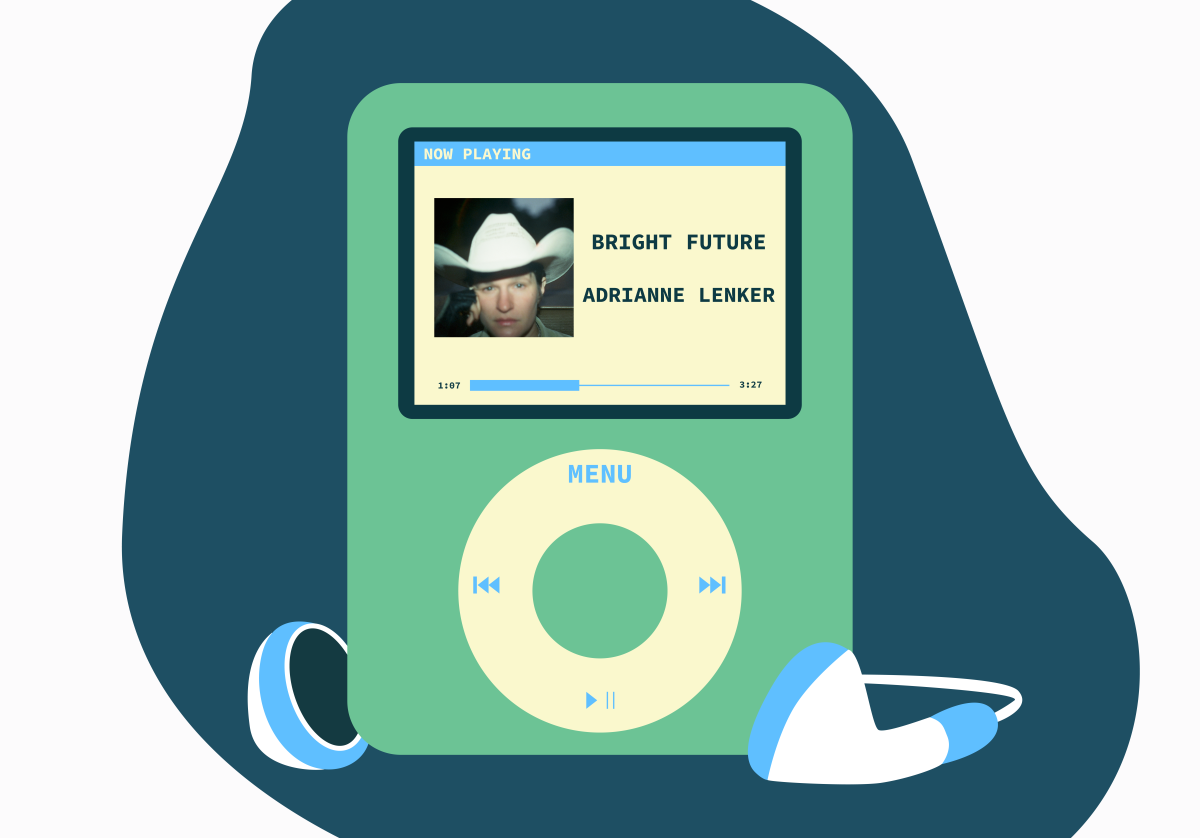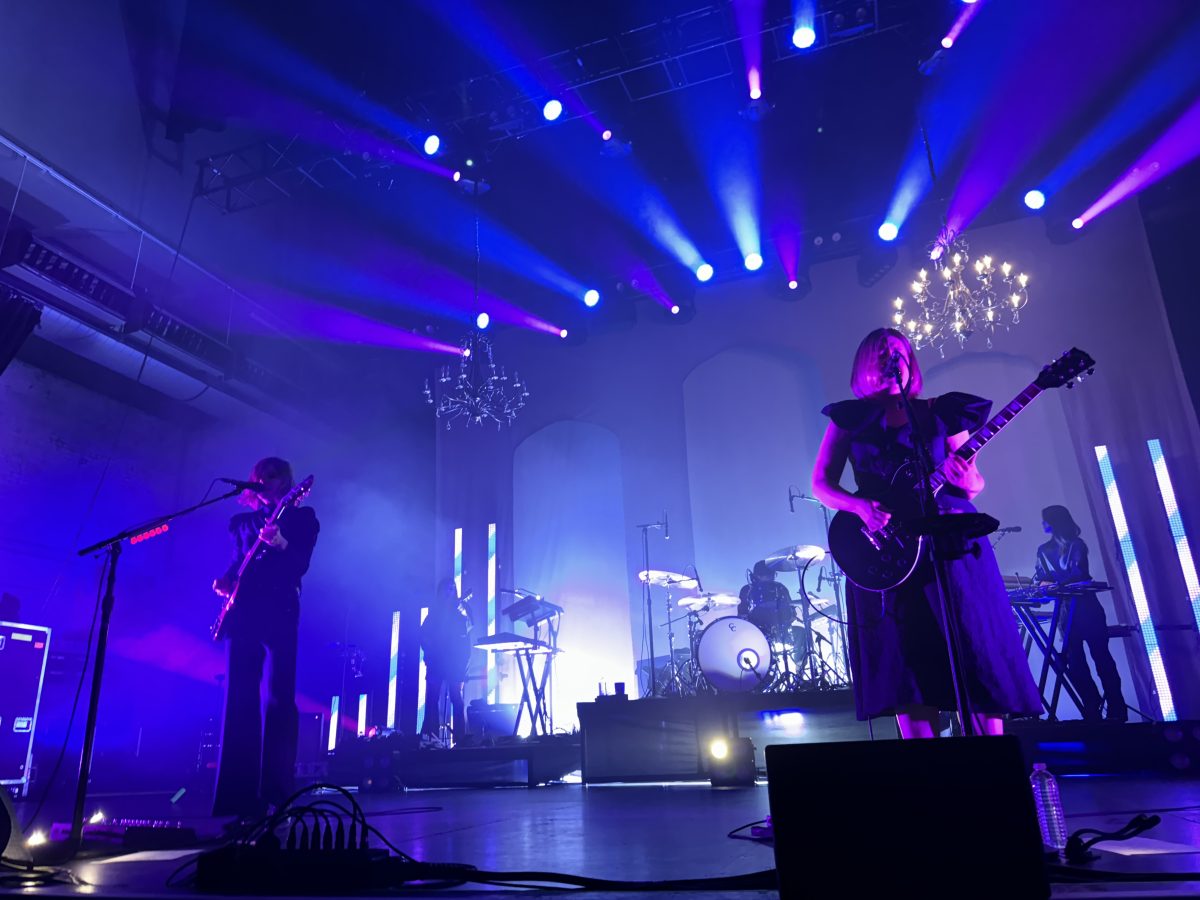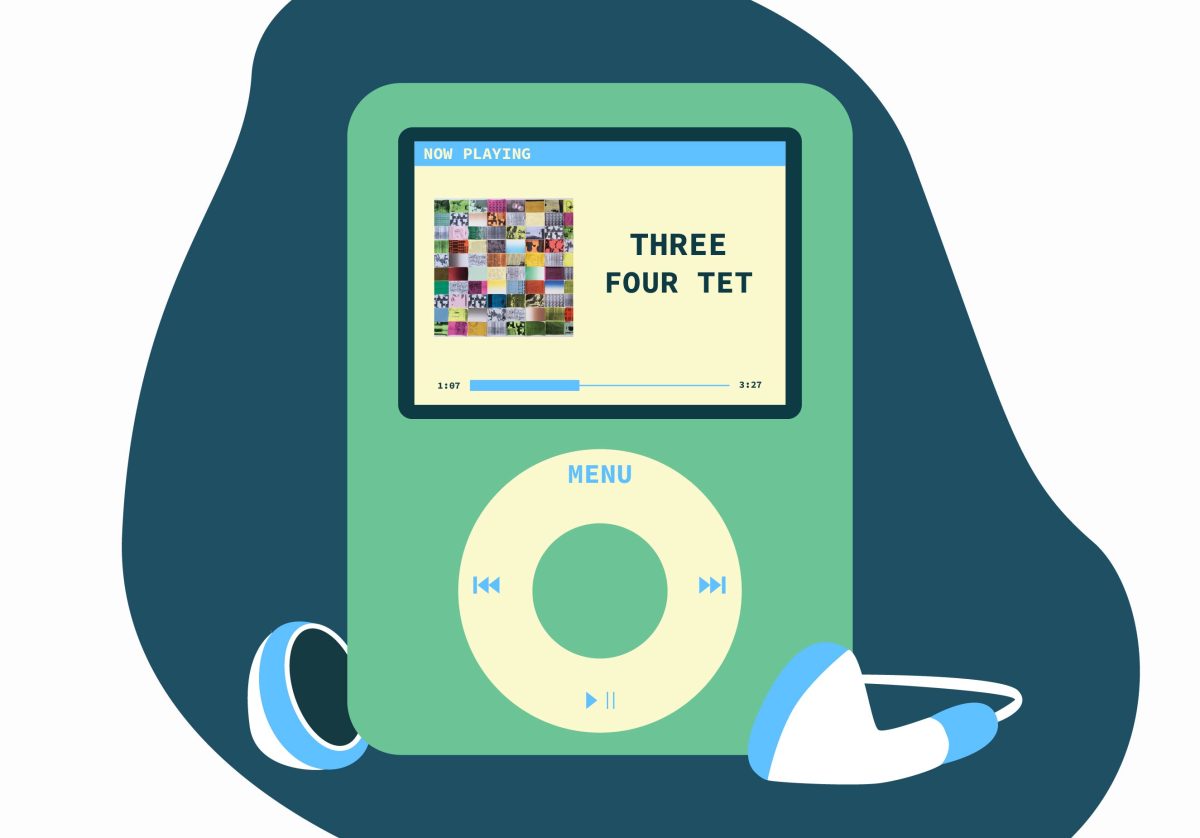There’s been enough elaboration on D’Angelo’s past and mystique upon the surprise release of his new album, “Black Messiah.” Yes, D’Angelo is a tortured genius. Tell me something I don’t know. Yes, the wait for “Black Messiah” was excruciating and long, but it breathes life into a genre that hasn’t evolved since the early aughts.
“Black Messiah” masterfully intertwines the two elements that make R&B delicious; sex and spirituality. These two topics are what D’Angelo knows best; he’s descended from a lineage of Pentecostal ministers and was sex object numero uno in America after the release of his music video “Untitled (How Does it Feel)” in 2000 (which contributed to his subsequent breakdown). While the two subjects seem like polar opposites, they inform each other on the album because D’Angelo’s experiences make them compatible.
The formula for “Black Messiah” doesn’t deviate much from that of “Brown Sugar” or “Voodoo,” but it doesn’t recycle the concepts introduced on these albums. On “Black Messiah,” D’Angelo toes the line between Marvin Gaye and Sly Stone. The funk arrangements are simultaneously subversive and languorous. They’re so grooveable that it’s difficult to step outside the melodies and think about what this album represents and the significance of each track; this doesn’t mean that the album is dumbed down, rather it creates a certain kind of mindfulness for the listener. “Black Messiah” turns off your thoughts and forces you to inhabit the groove. Its pull is that strong; anyone who resists must surely be unfunky.
“Black Messiah” begins with two guitar-heavy tracks – “Ain’t That Easy” and “1000 Deaths.” Here D’Angelo channels the lowdown, nasty in-the-pocket guitar grooves of Funkadelic with fuzzy, almost indecipherable vocals. The raw raucousness of these two tracks is akin to the most primal form of orgasm, a drawn-out climax of spiritual and physical urgency. “The Charade” sounds like it was pulled straight from Prince’s “1999.” D’Angelo’s slight falsetto warble shines on it.
The heart of the album is arguably the next three tracks, “Sugah Daddy,” “Really Love” and “Back to the Future (Part I).” While they sound like they could’ve been recorded at the same time as “Voodoo,” the production is fresh and brand new. “Sugah Daddy” functions in a similar vein to classic D’Angelo tracks like “Brown Sugar” and “Devil’s Pie.” It has a sparse backbeat and high vocals paired with tongue-in-cheek raunchiness liable to fall under the radar to most listeners. “Really Love” shows off D’Angelo’s romantic side and represents a struggle between immediate sexual gratification (personified by the lusty Spanish of a mysterious women at the beginning of the track) and deep emotional connections (the lyrics wax on the importance of lasting intimacy). The sensuous string arrangements and Latin groove embody amorous love, a love so sweet and profound that the listener can feel D’Angelo’s joys and pains through their earbuds. “Back to the Future (Part I)” redefines the concept of the funk jam. Subtle violin licks elevate the bottom-heavy beat, and simple two-chord structure stays fresh for the song’s 5:22 duration. D’Angelo’s wordplay is top-notch as well, and he drops the best verse on the album when he jokes, “If you’re wondering what shape I’m in/I hope it ain’t my abdomen.” He turns his struggle with body image into this glorious, sneaky line that defines the triumphant tone of “Black Messiah.”
“Till It’s Done (Tutu)” querying political tone is a cause for reflection; D’Angelo pushed the release for “Black Messiah” because of highly publicized incidents of violence against black people. Even though the hazy beat is more audible than D’Angelo’s lyrics, the underlying theme of “why?” can be heard in the plaintive guitar and bass riffs. “Prayer” is the nexus between minimalism and gospel; D’Angelo’s religious upbringing takes front and center on this number, which is equally at home in the church and on the stage. “Betray My Heart” is an anthem of honesty and fidelity where D’Angelo professes his faithfulness over a cowbell-heavy melody that’s both upbeat and demure.
D’Angelo begins the final quarter of the album with “The Door,” a quick shuffle full of levity characterized by a pitch-perfect whistle in the intro. “Back to the Future (Part II)” is a continuation of “Back to the Future (Part I),” but doesn’t feel like unnecessary filler. While it’s the album’s weakest link, it’s a solid outro and sets up the final track – “Another Life” – well. “Another Life” is a classic Philly soul love ballad, D’Angelo’s take on the lush melodies of the Stylistics. The guitar twang and chord changes combine the backbones of the group’s 1971 hits, "You Are Everything" and "Stop, Look, Listen (To Your Heart)," two of the best – if not briefest – love songs of all time. On “Another Life,” D’Angelo stretches out the structure into a six-minute long voyage through the seas of ecstasy. While it’s the culmination of the album, it’s the beginning of an advent of R&B returning to its roots, going back to the analog beauty that defined the genre for years. “Black Messiah’s” fervent traditionalism makes it futuristic because it eschews the notion of musical progress for beauty. In doing so, it establishes itself firmly among the best albums of the new millennium.
















